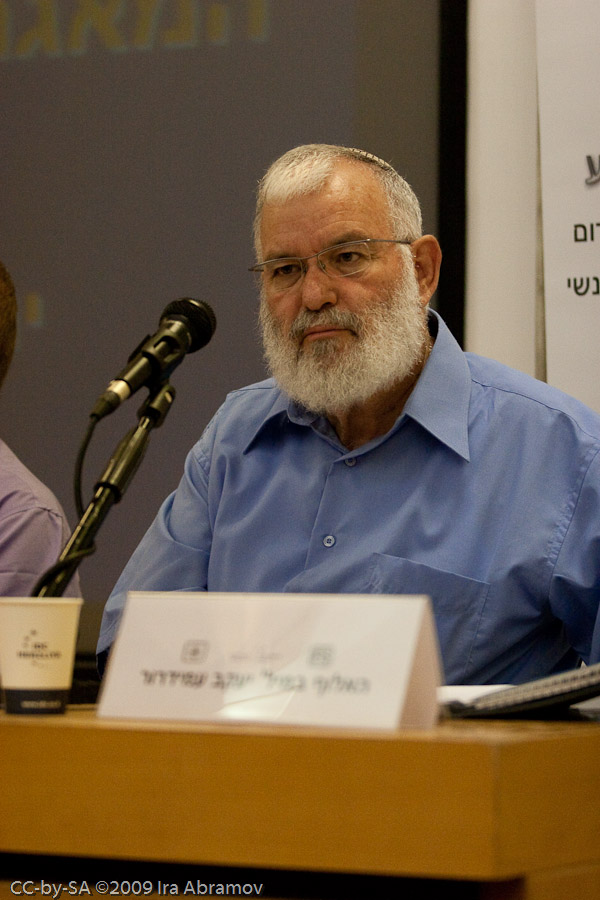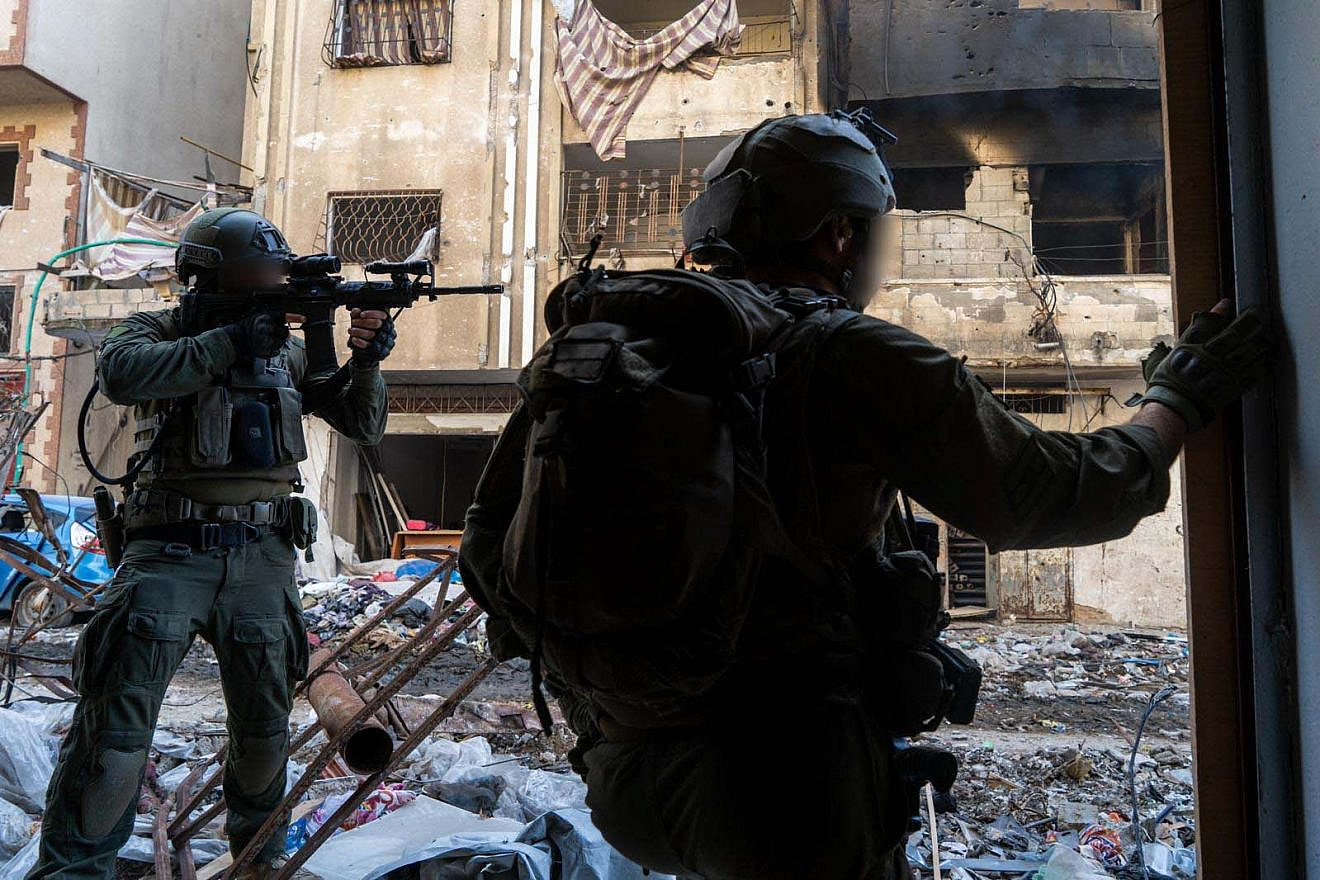Former National Security Advisor Major-General (res.) Yaakov Amidror issued a stark warning against the proposed 60-day ceasefire in Gaza, arguing that such a truce could ultimately lead to far greater Israeli casualties. Amidror, a senior fellow at the Jerusalem Institute for Strategy and Security (JISS) and the Jewish Institute for National Security of America (JINSA), stressed that halting the Israel Defense Forces’ (IDF) momentum would allow Hamas to reorganize, rebuild its infrastructure, and prepare for further attacks. In his assessment, delaying a decisive ground operation now could double the number of Israeli soldiers killed in the long run.

“If we go into Gaza now, the price is 100 killed; if we wait another 60 days, the price will be 200. Hamas will have more time to prepare itself,” he said.
The ceasefire proposal, brokered by Egypt and Qatar and reportedly accepted by Hamas, calls for a 60-day pause in fighting.
“I have seen that negotiations are being conducted with both the Egyptians and the Qataris,” Amidror noted. “What matters greatly is the Americans’ position. If the Americans quietly tell us, ‘drop everything,’ move now on Gaza, that is one thing. Or they tell us, ‘let’s go now for a partial deal, perhaps in these 60 days we can achieve something.’”
“The question is when the comprehensive deal would be, is it now, or are you saying that you hope that at the end of the 60 days of a partial deal, we will move to a comprehensive deal?” he said.
Amidror continued: “You come to Hamas and say, either you disarm, or we go to a partial deal, which will guarantee that by the end, this will happen. Since we lack a great deal of information, we do not know.”
“You are missing an important piece of information, which is, what are the Americans saying? They are speaking ambiguously that they support a comprehensive deal, but does it go through a war in Gaza City, or does it go through a stage in the deal?”
During this period, Hamas has agreed to release approximately half of the hostages still held in Gaza in exchange for the release of Palestinian prisoners from Israeli prisons. Crucially, the agreement does not require Hamas to release all hostages, leaving many of them in captivity for an indefinite period while Israel negotiates further for their freedom. Prime Minister Benjamin Netanyahu confirmed that negotiations would continue during the truce, but critics fear this arrangement gives Hamas significant leverage while offering Israel only a partial humanitarian gain.
Since the Hamas-led massacre on October 7, 2023, when 251 people were kidnapped into Gaza, Israel has been fighting to bring its citizens home. Today, nearly two years later, 50 hostages remain in captivity. Israeli intelligence believes that at least 27 of them have already died in Hamas custody. Those still alive have now endured more than 580 days in brutal conditions—many held underground, starved, beaten, and isolated from the outside world. Accounts from recently released hostages describe harrowing physical and psychological suffering. One, Yarden Bibas, who spent 484 days in Hamas tunnels, returned home emaciated, having lost 15 kilograms, and described being denied even the comfort of staying near a fellow captive he knew. Their continued captivity represents a national wound and a pressing moral imperative for Israel to resolve.
The cost of the war to Israel has already been immense. Nearly 1,650 Israelis and foreign nationals have been killed since the war began, including approximately 446 soldiers who have fallen during the IDF’s operations in Gaza. In the most recent phase of fighting alone, at least 37 Israeli soldiers have been killed and nearly 200 wounded as the IDF has pushed deeper into Hamas strongholds. Amidror and other security officials argue that halting operations now, just as the IDF is applying pressure, would squander hard-fought gains and place more soldiers in danger when the fighting inevitably resumes.
Another aspect of the ceasefire agreement has drawn sharp criticism: the release of Palestinian prisoners. Those freed in such exchanges are not petty criminals but convicted terrorists, many serving sentences for orchestrating or carrying out attacks against Israeli civilians. Past experience shows the danger of these releases. Hamas leader Yahya Sinwar, who masterminded the October 7 massacre, was himself freed in a previous prisoner exchange. To many Israelis, trading known killers for hostages not only endangers the country in the future but also betrays the victims of past terror attacks.
Amidror’s warning resonates with a growing sentiment in Israel that the war must be fought to a decisive conclusion, not paused in a way that benefits Hamas. For the families of the hostages still suffering in Gaza’s darkness, for the soldiers risking their lives on the frontlines, and for a nation determined to prevent another October 7, the stakes could not be higher.




